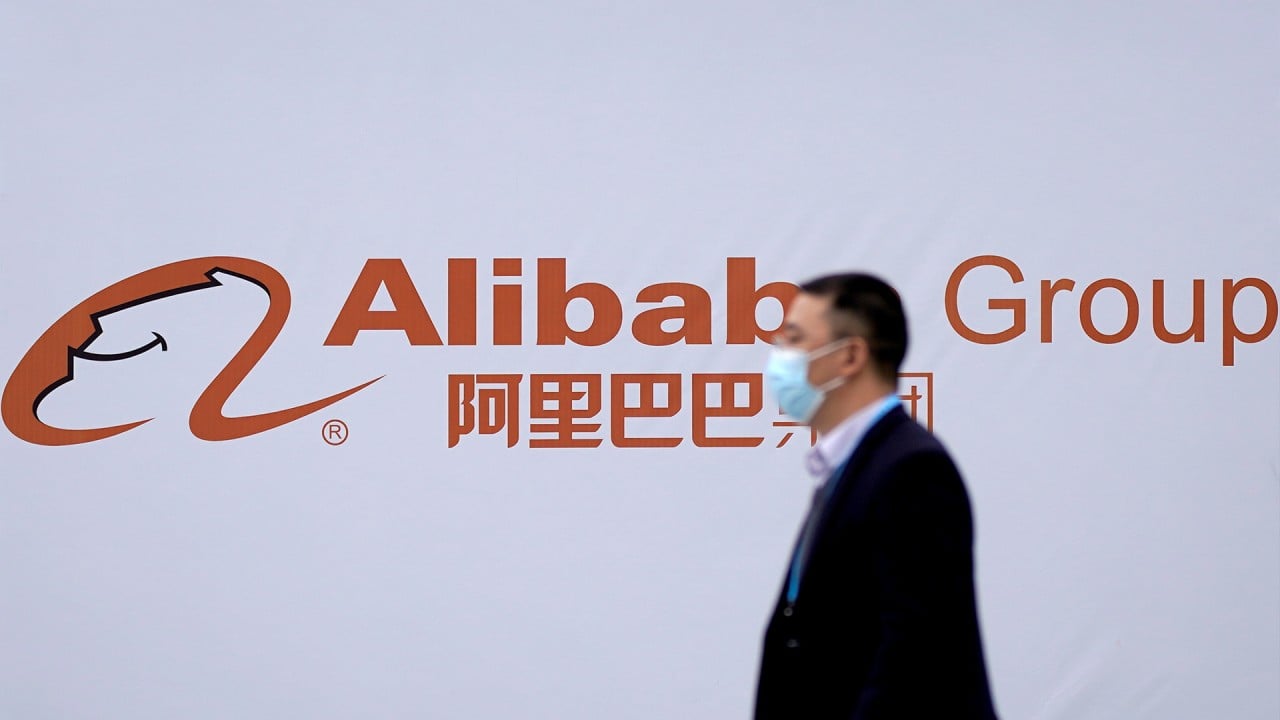
China’s rein on financial innovation shows it won’t give up manufacturing for a runaway services sector
- It is unlikely Beijing will pursue the development of financial and other service sectors for its own sake, at the expense of industry
- China is apparently keen to avoid the ascendancy of ‘moneymakers’ over ‘thing makers’ in Western economies that has helped create economic inequalities and social friction
Britain’s Lord Henry Pilkington of glassmaking fame once remarked proudly that he was a “thing maker” rather than a “moneymaker” – a comment that has reverberated as British industrial power declined in favour of finance and other services. His remark is relevant to the West-vs-China economic rivalry today.
Britain became a “post-industrial economy”, a term popularised in the 1970s, while the Pilkington Brothers glass empire was still thriving. But as other great names in British industry declined, a financial or moneymaking ethic became predominant in many Anglo-Saxon economies.
Post-industrial (or hollowed out) economies need to outsource the production of goods they no longer manufacture themselves. China has been a prime beneficiary of this, but it seems unlikely to make the same mistakes as Britain and the United States, among others, in becoming “post-industrial”.
The Chinese have remained essentially thing makers but that does not mean they are ignoring the need to develop financial skills, though not so much those of the “moneymaking” variety seen in places that have elevated finance above all else, but of the “money management” type needed to serve a complex economy.
This distinction, or divergence, is important. It is not about a purist and naive theory of finance being a “handmaiden”, whose role in life is to humbly serve commerce and industry, but rather a question of the priorities accorded by a society to different elements in its economy.
Capital is essential to the development of trade and industry but when the use of it becomes more of an end in itself, rather than a means to an end, it begins to distort broader economic priorities – as experience in the US and Europe, Britain especially – has shown.
Finance has become a “glamorous” and lucrative profession in these places, with salaries and incentives far exceeding those in other professions. Some of the best and brightest have graduated to where the big financial rewards are under this apotheosis of market ideology.
Why Biden needs to put America first and save China for later
This is not to suggest that Ma is a buccaneer but as Dalio has said, there is a risk of being “too loose” with financial innovation. China has so far avoided any systemic financial crisis despite its dramatic economic growth and there is a case for caution, as Dalio says.

01:26
China kicks off antitrust probes into Alibaba over alleged monopolistic practices
Dalio is an unapologetic bull of China and his comments could be seen as self-serving. But the long catalogue of misfeasance and wrongdoing by rising or “shooting” financial stars in Western capitals suggests that China may be wise to be cautious about entrepreneurial overreach.
The Financial Times also reported Dalio as suggesting that Chinese financial centres will emerge as serious rivals to New York and London. “China already has the world’s second largest capital markets and I think they will eventually vie for having the world’s financial centre,” he said.
“Throughout history, the largest trading countries evolved into having the global financial centre and the global reserve currency,” he added. The transition from one trading and financial “empire” to the next – Dutch, British and then American – all point to a similar evolution in China, Dalio suggested.

02:18
Two Sessions 2020: China sets no GDP target, defence spending growth slows
That may be so but China is evolving in a different (socialist) context to the more liberal Western empires that have risen and then declined in recent centuries. It seems unlikely that China will pursue the development of financial and other service sectors for its own sake at the expense of industry.
The ascendancy of moneymakers over thing makers in these Western economies has helped create economic inequalities and social friction. It has also eroded the sense of pride in acquiring skills that prioritise long-term achievement over short-term gain. Pilkington must be turning in his grave.
Anthony Rowley is a veteran journalist specialising in Asian economic and financial affairs

